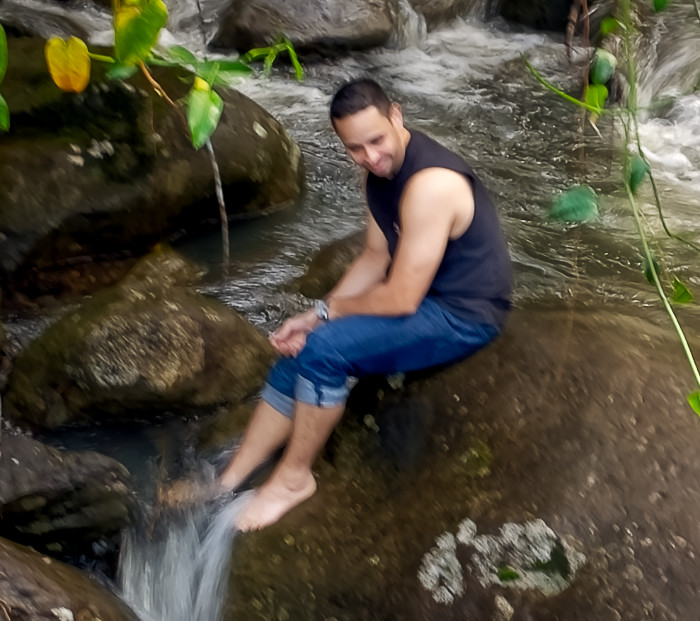A vision, an ideal, Turf Management and Science, and a conversation a day after a chemistry exam

In this post:
This is the third part in the series exploring cool things that I didn’t know one could get a college degree in. In the first part I talked about Koestler Parapsychology Unity in the University of Edinburgh, Scotland. The second part was about the wonderful health benefits of forest bathing or Shinrin-yoku, and the study of forest healing around the world and specifically South Korea. Pretty exotic if you ask me. Today, I want to come closer to home and closer to a more familiar field and experience, Turf Science at my beloved alma matter Purdue University. Keep reading to find out where applied biology, chemistry, and management intersect.
The first time I heard about Turf Science, I was sitting in a circle with about 10 exhausted students in my chemistry recitation. They had taken an exam just the previous evening and they looked as if they were going to collapse. At Purdue, recitations are optional for students but as a teaching assistant I still had to be there for the full fifty minutes even if nobody showed-up or asked any questions. I was ready to move on with the next chemistry topic; I always prepared a mini-review lecture on the topics in which I observed my students were having the most difficulties or in the topics my experience had taught me were the most challenging for students. But when I saw that I was not going to get much attention from them, and legitimately so, I asked them what they wanted to do.
“We can go ahead and revise the material for the next laboratory session or we can discuss the exam that you took last night,” I said and heard them sigh and flinch.
“Or we can just sit for a while and discuss whatever you want.”
We ended up putting the chairs in a circle and having a conversation about why we were in college, the majors that we chose, and what we were doing before starting college. I started telling them about myself. They had no idea that I was also a student, albeit a PhD student, that I had taken some lectures, that I worked full time in my PhD’s advisors lab, and then worked part time teaching in the Chemistry department in order to support myself, and they had no clue how old I was or how I had worked in industry before I started grad school.
As clueless as they were about what was that a graduate student, I was also lacking awareness of all the backgrounds they represented. There were kids whose parents were lawyers, there were a couple who were from farms, the first in their extended families to go to college; there was a young man who had served in the military and felt like the oldest kid in the class. About a third were going to college because they wanted to get a good job when they graduated or had a vision or an ideal, others, because their parents said they had to, and a few had no clue why, it just seemed like the thing to do. Majors were relatively few in that particular group of students; one or two from nursing, some others that I don’t remember now, but there was one major that stuck to my mind because I had never heard about it before, Turf Management and Science.

According to the admissions page for this program at Purdue University:
"A turfgrass manager oversees and implements management programs for the production, maintenance, and performance of a variety of turfgrass areas like golf courses, lawns, athletic fields, parks, and sod farms.”
A person can get a bachelors degree in Turf Management and Science, and they are not kidding about the science nor about the management requisites. As part of the degree requirements, besides introductory courses in general chemistry, people majoring on this have to take organic chemistry, plant pathology, applied insect biology, and some math, in addition to business and management courses. It looks like a highly interdisciplinary, applied area to me. The program’s webpage also reports a 100% career placement for graduates of this degree during the last then years.—Good job guys!

It has been more than thirteen years since that conversation. In my mind, those young persons are still college kids but of course, they are already grown ups in their early and mid thirties; from my point of view, still very young but from theirs probably under the full pressures of adulthood. I wonder if they finally discovered why they wanted a college degree and if their parents were proudly satisfied with their accomplishments. Above all, I hope that their visions and ideals were realized and that their lives were significantly enriched by their college experience. I know, in many different ways, mine was.

Did you like this post?
Then you will probably like:
References and Resources:
- Turf Management and Science at Purdue University, resources for homeowners and professionals
- Admisions at Purdue
- More information, career prospects and more